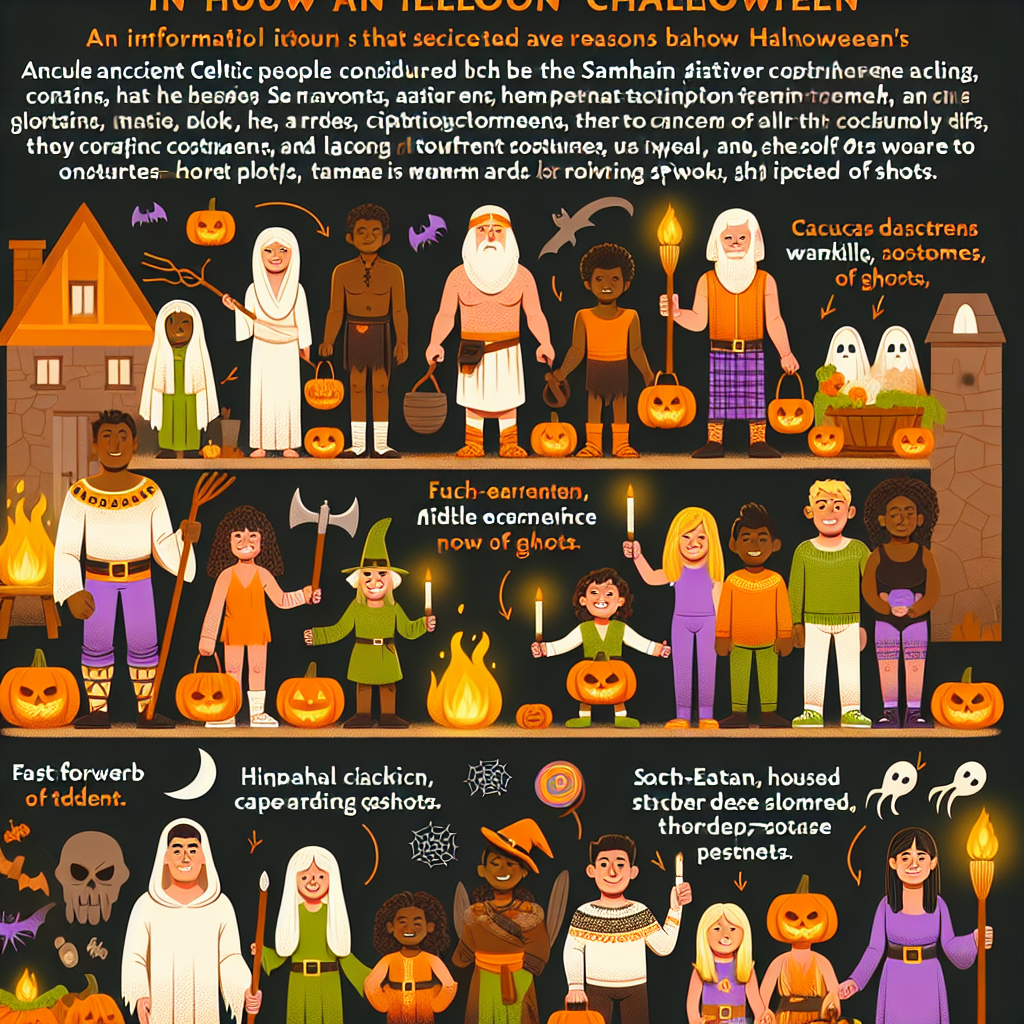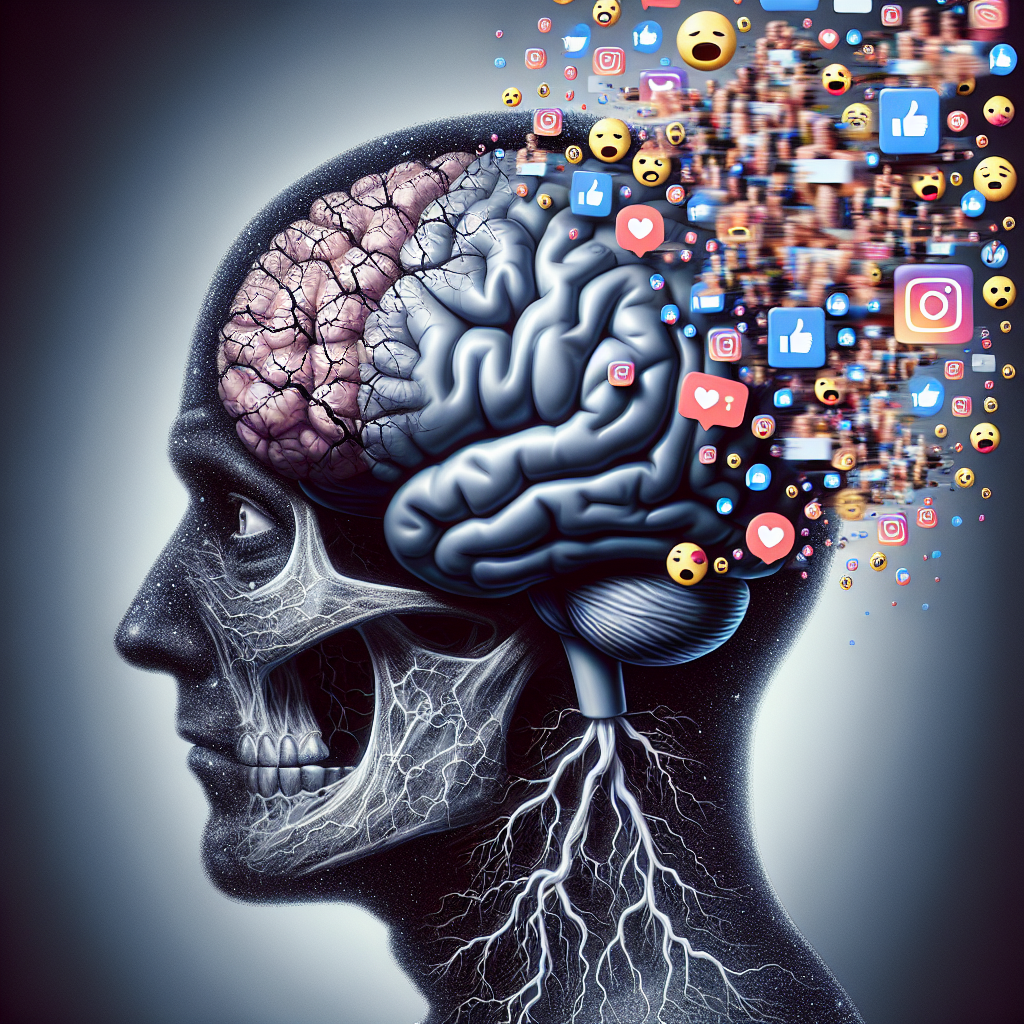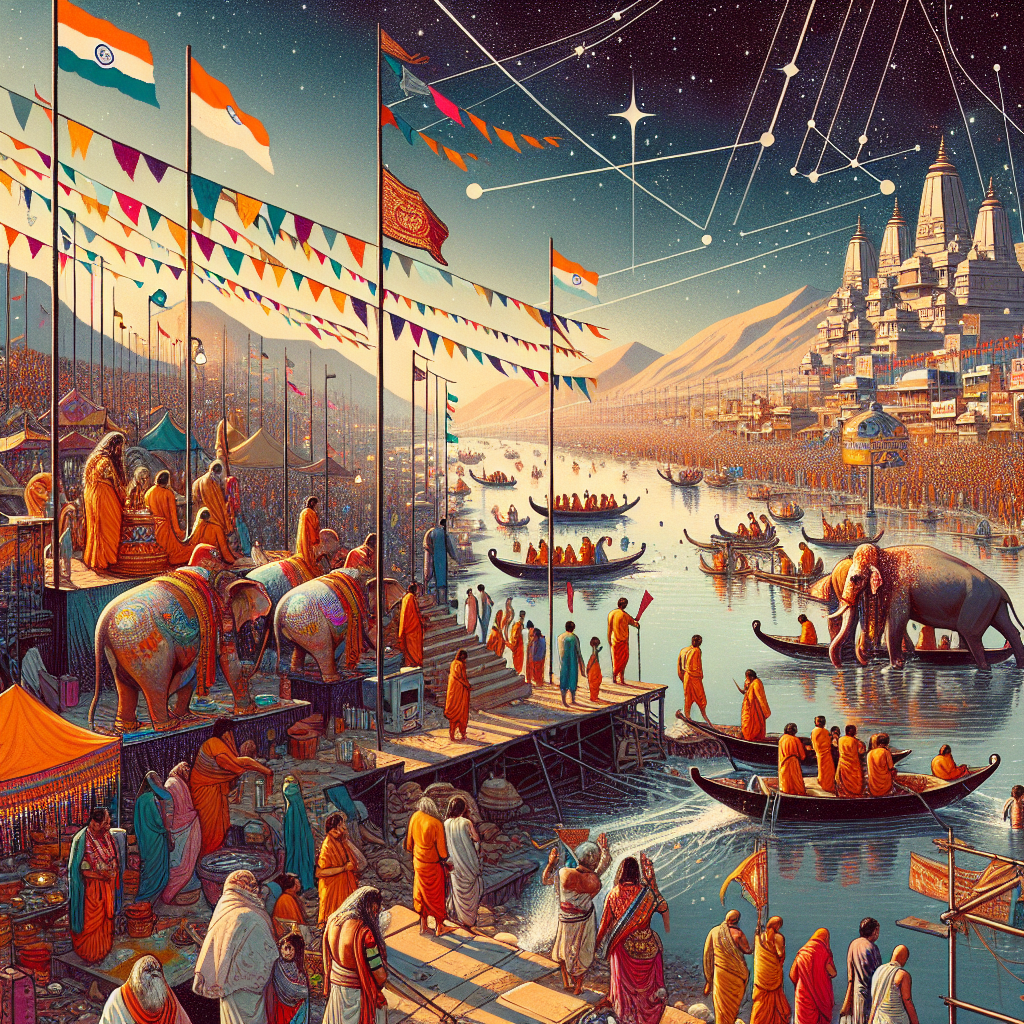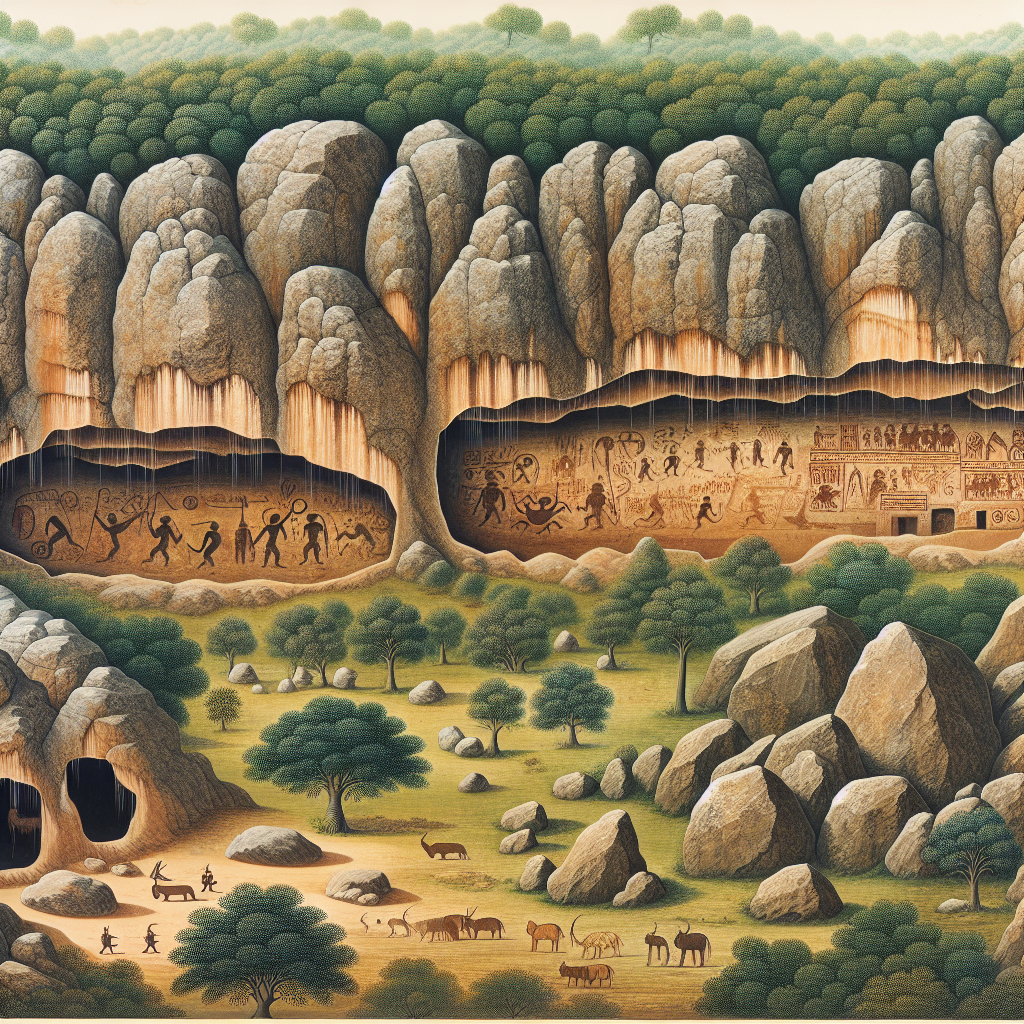Why We Celebrate Halloween: Origins and Popular Traditions
1. Historical Origins
Halloween has its roots in the ancient Celtic festival of Samhain, marking the end of the harvest season and the beginning of winter. During this time, it was believed that the boundary between the living and the dead was blurred, allowing spirits to roam the earth. The celebration evolved over centuries, integrating various cultural elements and traditions, including those from Christianity.
2. Tradition of Costumes
One of the most iconic aspects of Halloween is the tradition of wearing costumes. This practice originated from the belief that dressing up as spirits or other supernatural beings would help ward off mischievous ghosts. Today, costumes range from the spooky to the whimsical, offering an outlet for creativity and self-expression.
3. Trick-or-Treating
Trick-or-treating is a beloved Halloween activity where children dress in costumes and go door-to-door, asking for treats. This tradition can be traced back to medieval practices when children would perform for food during the All Souls’ Day festivities. Modern trick-or-treating has become a way for communities to celebrate together while ensuring a fun experience for kids.
4. Decorations and Themes
Halloween decorations play a significant role in creating an atmosphere of spooky excitement. From carved pumpkins to cobwebs and skeletons, these decorations enhance the festive spirit. Many people enjoy transforming their homes into haunted houses or showcasing creative themes, adding to the overall ambiance of the holiday.
5. Community Events
Communities often come together to celebrate Halloween through events like haunted houses, pumpkin festivals, and costume contests. These gatherings foster a sense of belonging and create opportunities for social interaction. They also allow families to enjoy fun activities in a safe environment.
6. Embracing Fear
Halloween offers a unique opportunity for individuals to confront and embrace their fears in a controlled manner. Through scary movies, haunted attractions, and spooky stories, people have a chance to experience adrenaline and thrill, enriching the celebration with a playful approach to fear.
7. Cultural Influence
Halloween has been influenced by various cultures around the world, leading to a diverse array of practices and celebrations. In Mexico, for instance, Día de los Muertos honors deceased loved ones, blending remembrance with celebration. This cultural amalgamation enriches Halloween, making it a global celebration of life and death.
8. Bonding Opportunities
Halloween serves as an occasion for friends and families to bond through shared activities such as pumpkin carving, costume planning, and organizing parties. These traditions create lasting memories and strengthen relationships, adding a personal touch to the holiday.
9. Commercialization
In modern times, Halloween has become a significant commercial holiday, featuring an array of products ranging from costumes and decorations to themed food and beverages. The commercialization has both positive and negative impacts, fostering creativity and excitement while also emphasizing consumerism.
10. A Celebration of Imagination
Ultimately, Halloween is a celebration of imagination and creativity. Whether through costumes, decorations, or themed parties, participants have the freedom to express themselves and explore fantastical worlds. This joyous celebration of the whimsical allows for a temporary escape from everyday life.




Post Comment